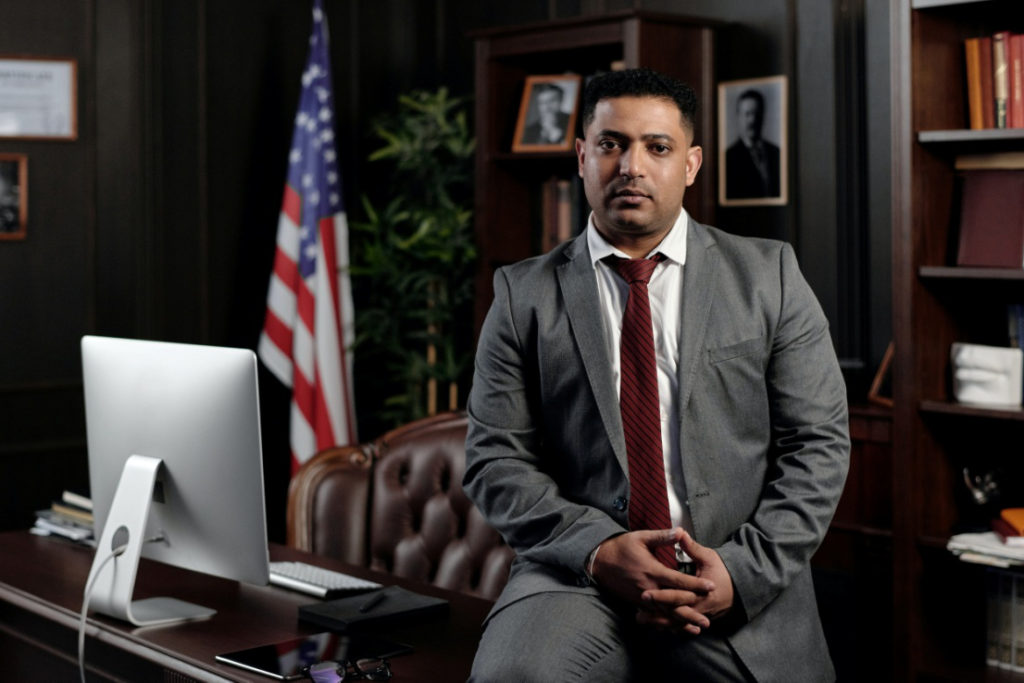Education programs in jail play a critical role in rehabilitating inmates and preparing them for successful reintegration into society. These programs not only equip inmates with valuable skills but also contribute to reducing recidivism rates. In Fulton County, the integration of education with affordable bail bonds services provided by bail bondsmen can offer a holistic approach to criminal justice reform.
Benefits of Education Programs in Jail
Education programs in jail provide numerous benefits to inmates, corrections facilities, and society as a whole. For inmates, these programs offer a constructive way to spend their time, giving them a sense of purpose and achievement. Inmates who participate in educational programs are less likely to engage in disruptive behavior, contributing to a safer environment within the jail.
Furthermore, education can significantly improve an inmate’s prospects post-release. Equipped with new skills and knowledge, former inmates can pursue better job opportunities, reducing the likelihood of returning to criminal activity. This, in turn, helps to lower recidivism rates, benefiting the community by decreasing crime rates and reducing the burden on the criminal justice system.
Types of Education Programs Available
Jails offer a variety of education programs tailored to the needs and interests of inmates. These include:
- Basic Literacy and GED Programs:These programs help inmates attain essential reading, writing, and math skills, enabling them to earn a General Educational Development (GED) certificate. This is often the first step towards further education and employment opportunities.
- Vocational Training:Inmates can participate in vocational training programs that teach skills such as carpentry, plumbing, and computer repair. These skills are highly marketable and can lead to stable, well-paying jobs upon release.
- Higher Education Opportunities:Some jails partner with local colleges and universities to offer college-level courses. Inmates can work towards an associate’s or bachelor’s degree, significantly enhancing their employment prospects.
- Life Skills and Personal Development:Programs focusing on life skills, such as financial literacy, parenting, and anger management, help inmates develop essential competencies for successful reintegration into society.
The Connection Between Education and Affordable Bail Bonds
The relationship between education programs in jail and affordable bail bonds is integral to a comprehensive approach to criminal justice reform. Bail bondsmen in Fulton County can advocate for and support these educational initiatives as part of their services. By offering affordable bail bonds, these professionals ensure that inmates have the opportunity to return to their communities and participate in educational programs while awaiting trial.
Are you or a loved one in need of assistance with bail in Fulton County? DeLaughter Bail Bonds is here to help. Our affordable bail bond services ensure that you can reunite with your family quickly while awaiting trial. Don’t let incarceration hold you back—call DeLaughter Bail Bonds now!





















